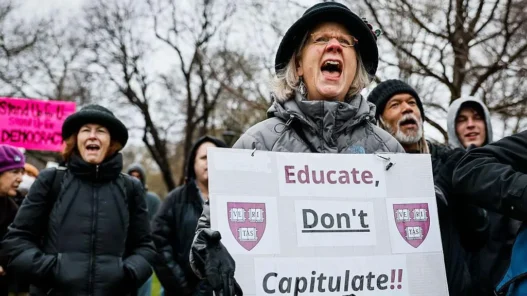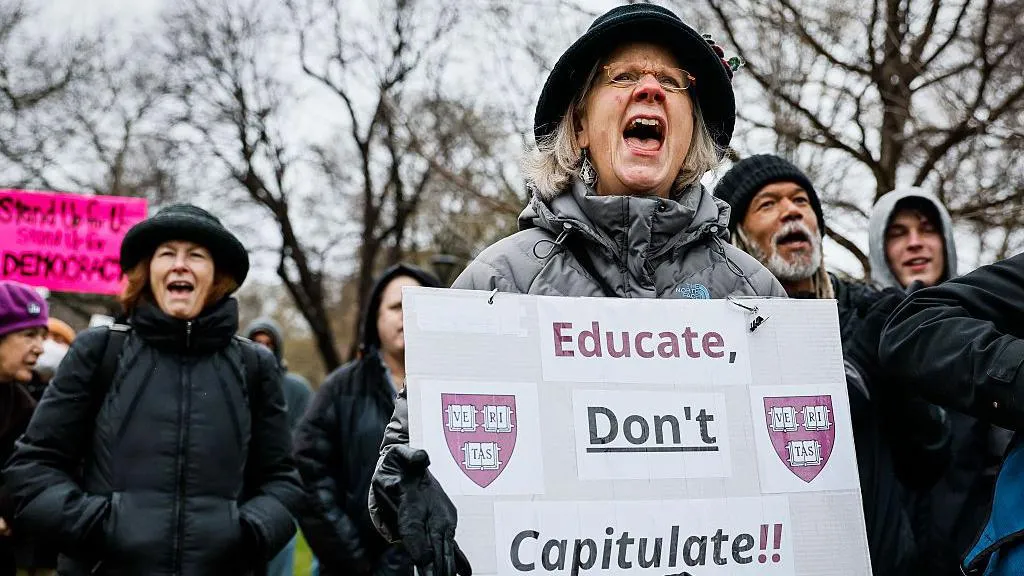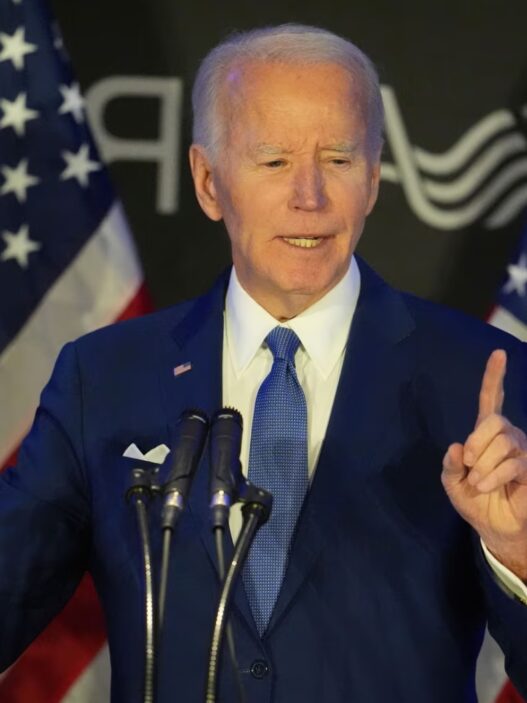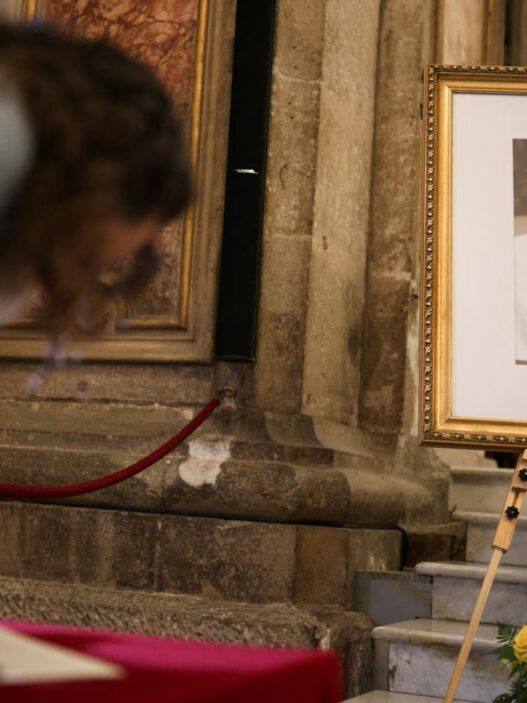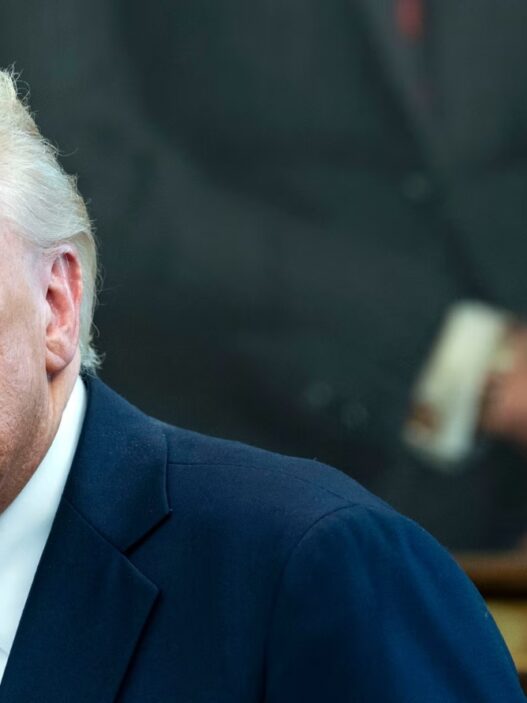The U.S. Department of Education has frozen about $2.3 billion in federal funds meant for Harvard University. This move marks a serious conflict between one of America’s top universities and the federal government. The freeze comes after Harvard resisted government demands related to antisemitism and civil rights enforcement.
Harvard Refuses to End DEI Programs or Limit Protest Rights
Last week, the department sent a detailed letter to Harvard. It demanded sweeping changes, including the end of diversity, equity, and inclusion (DEI) programs. These programs, the letter said, teach people to judge others based on race and identity. The administration also asked Harvard to adopt “merit-based” hiring and admissions policies.
Other demands included banning face masks at protests. This appears to target pro-Palestinian student groups. The letter also ordered Harvard to stop funding any student group that supports illegal acts or violence. Additionally, the government insisted the university cooperate with federal immigration authorities. In total, $2.2 billion in grants and $60 million in contract funding were frozen.
Harvard President Calls the Demands Political
Harvard President Alan Garber said the university would not comply with these conditions. He stated that no government, regardless of party, should control what private universities teach or who they admit and hire. Garber emphasized that Harvard has already taken action to address antisemitism on campus.
He also said the demands were political. “It makes clear that the intention is not to work with us to address antisemitism in a cooperative and constructive manner,” he wrote. While some requests relate to antisemitism, most of them, he said, are about controlling Harvard’s academic direction.
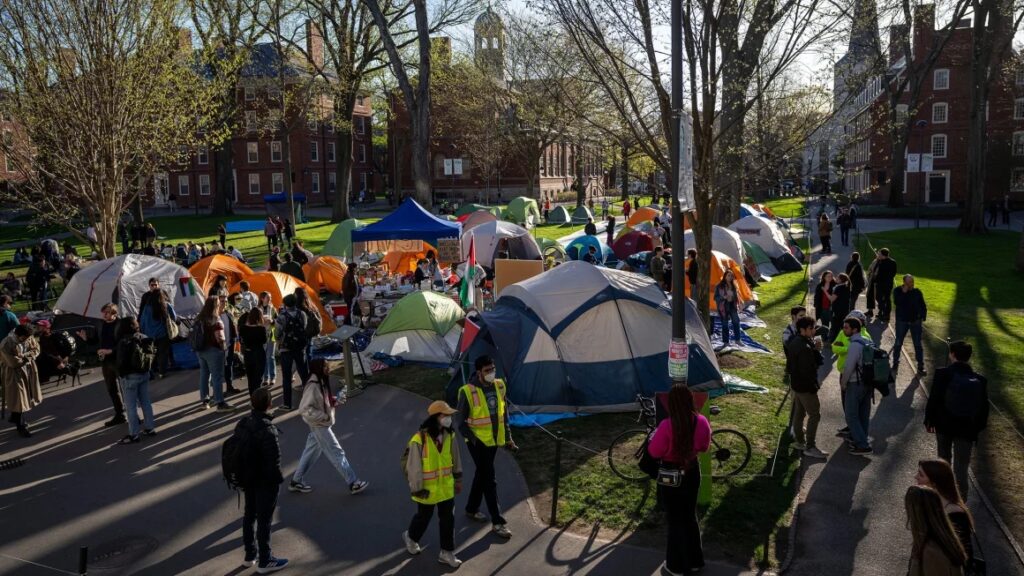
Alumni, Community, and Faculty Respond
Harvard’s refusal to comply drew strong support. A group of alumni wrote a letter to university leaders. They urged Harvard to resist what they called “unlawful demands.” These demands, they said, put academic freedom at risk.
Anurima Bhargava, one of the alumni, praised Harvard’s decision. She said the university had defended “the integrity, values, and freedoms that form the foundation of higher education.” Over the weekend, students and locals in Cambridge, Massachusetts held protests in support of Harvard.
On Friday, the American Association of University Professors (AAUP) filed a lawsuit. It challenged the legality of the funding freeze. The plaintiffs argued that the Title VI of the Civil Rights Act of 1964 requires proper procedures before cutting funds. They said the administration failed to follow those steps.
The lawsuit claimed the demands were vague and politically motivated. “These sweeping yet indeterminate demands are not remedies targeting the causes of any determination of noncompliance with federal law,” the complaint said. Instead, they try to force Harvard to follow the Trump administration’s political views. The plaintiffs also said the plan punishes unpopular speech.
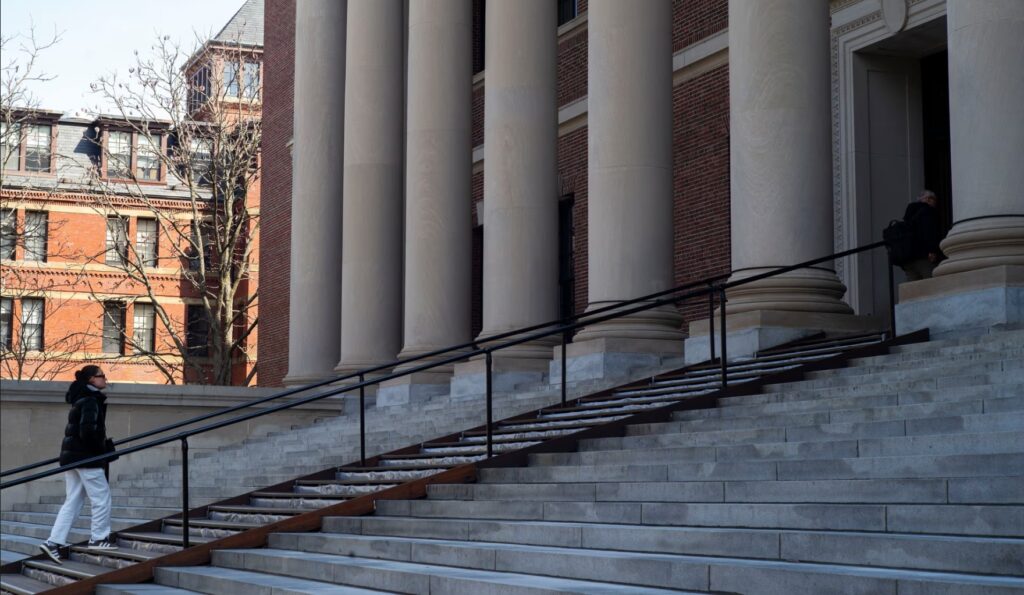
What This Fight Means for the Future of U.S. Universities
This clash between Harvard and the federal government has larger consequences. It raises serious questions about how far federal power can reach into higher education. Other universities across the country are now watching this situation closely.
If government funding becomes tied to political loyalty, schools may lose their freedom to teach and research without interference. Harvard’s decision to resist could inspire others to do the same. But the legal and political fight is only beginning—and the outcome could reshape the future of university governance in America.







